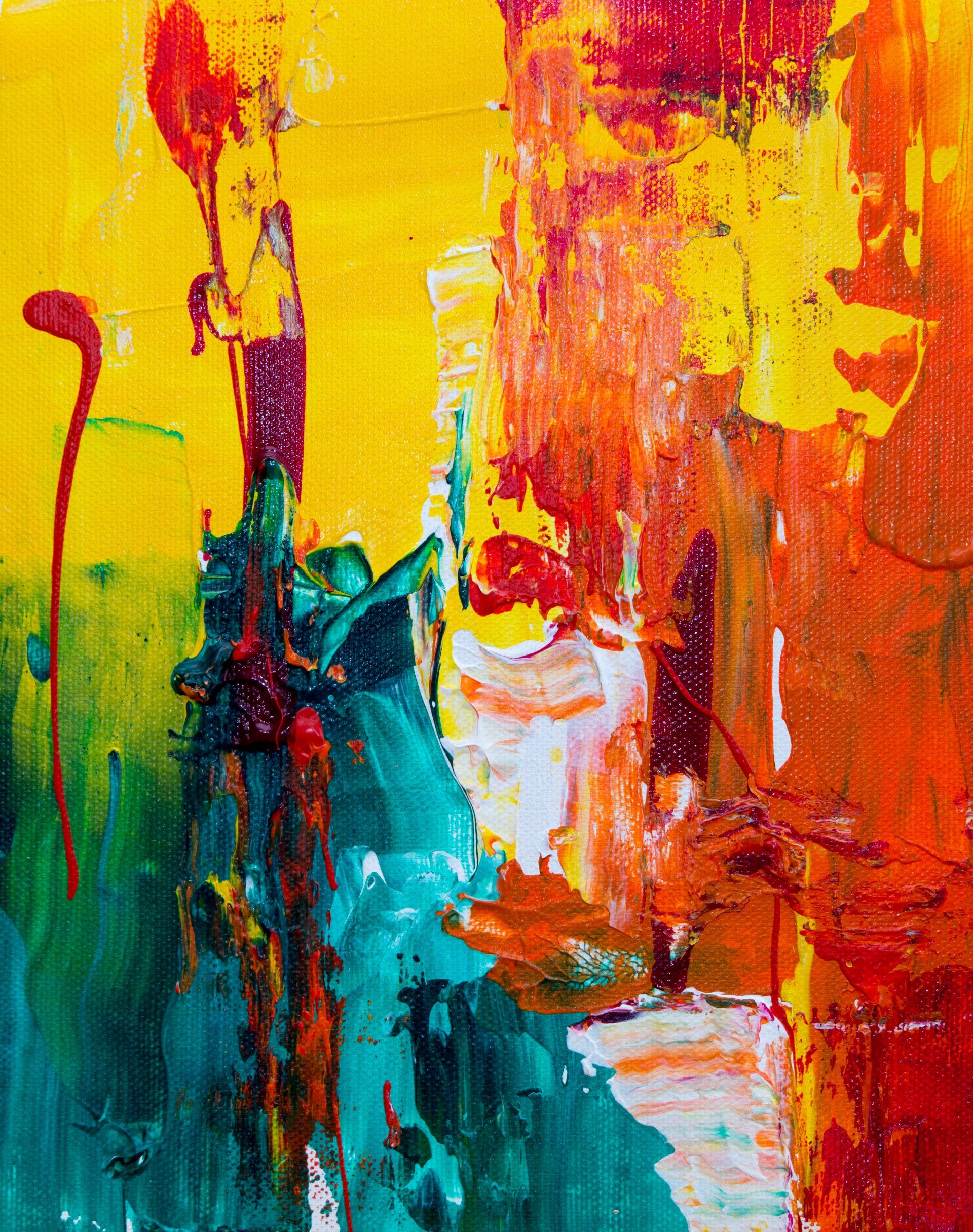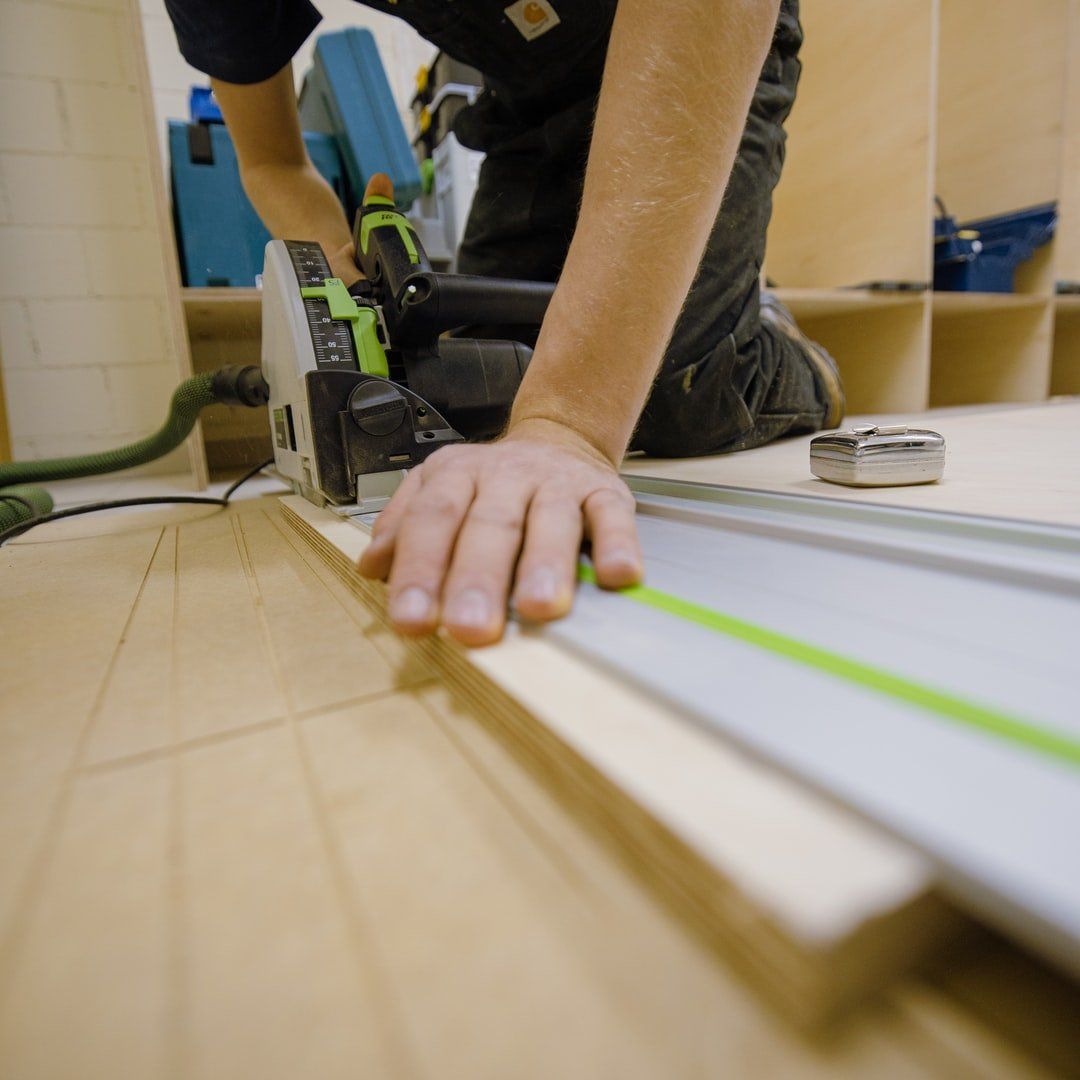The Comprehensive Guide to Types of Paint: Ensuring the Right Choice for Your Space
Mastering Interior Paint Selection: Types, Finishes, and Expert Tips for Your Home
Painting is more than just a way to change the color of your walls; it's a method to transform and enhance your space. With the myriad of different types of paint available, selecting the right one can be overwhelming. This article aims to simplify this process, providing you with a detailed understanding of the types of paints for home, focusing on interior applications, and highlighting the best type of paint for interior walls. We will delve into the types of paint finishes interior decorators recommend, ensuring you make an informed choice for your next home improvement project.

Understanding the Basics: Different Types of Paint
Water-Based Paints: These are the most common types of paints for interior walls. They are easy to clean, have a shorter drying time, and fewer odors. Water-based paints are environmentally friendly and are known for their long-lasting finish.
Oil-Based Paints: Known for their durability and rich finish, oil-based paints are ideal for surfaces that require extra sturdiness, such as trims, moldings, and doors. They take longer to dry and often have a stronger odor compared to water-based paints.
Latex-Based Paints: While often grouped with water-based paints, latex paints have unique properties, like flexibility and crack resistance, making them ideal for areas that experience temperature changes.
Acrylic Paints: Acrylics are a type of water-based paint, but with added acrylic polymers, offering better adhesion and resistance to the elements. They are great for both interior and exterior applications.
Exploring Types of Paint Finishes
The finish of the paint can dramatically affect the look and feel of a room. Here’s a rundown of the types of paint finishes interior designers often use:
Matte or Flat Finish: This non-reflective finish is perfect for hiding minor surface imperfections. It gives a smooth look but is less durable in terms of cleaning and maintenance.
Eggshell Finish: Offering a slight hint of sheen, eggshell finishes are easier to clean than matte and are ideal for living rooms and bedrooms.
Satin Finish: Satin finishes have a velvety sheen and are more durable than eggshell. They are perfect for high-traffic areas like kitchens and bathrooms.
Semi-Gloss Finish: Highly durable and easy to clean, semi-gloss finishes are suitable for areas with high moisture, like bathrooms and kitchens.
High-Gloss Finish: As the most durable and easiest to clean, high-gloss paints are perfect for areas that require frequent scrubbing. Their high sheen, however, can highlight surface imperfections.
Choosing the Best Type of Paint for Interior Walls
When selecting the best type of paint for interior walls, consider the room’s function, the amount of traffic, and the desired ambiance. For living rooms and bedrooms, water-based latex paints with an eggshell or satin finish are ideal, offering a balance between aesthetics and durability. In moisture-prone areas like bathrooms and kitchens, opt for satin or semi-gloss finishes for their resistance to mold and mildew.
You can also check out our article on How to Save Time and Money on Painting and Drywall Repair Near You.
Key Considerations for Types of Paints for Home
Durability: Consider how often the painted surfaces will need to be cleaned. Kitchens and children's rooms require more durable paints.
Color Retention: Some paints fade over time, especially under direct sunlight. Acrylic paints are known for their excellent color retention.
VOCs (Volatile Organic Compounds): Look for low or zero-VOC paints, especially in bedrooms and living spaces, to ensure better indoor air quality.
Advanced Considerations in Paint Selection
As we delve deeper into the realm of interior painting, it's essential to explore some advanced aspects that can further refine your choice of paint.
Specialty Paints: Beyond conventional options, the market offers specialty paints for specific needs. For instance, magnetic paint allows walls to hold magnets, ideal for creating interactive spaces in a home office or child's room. Chalkboard paint transforms surfaces into writable areas, perfect for kitchen grocery lists or a child's creative corner.
Eco-Friendly Options: As environmental concerns grow, eco-friendly paints are gaining popularity. These paints are low in VOCs and toxins, making them a healthier choice for your home and the planet. They come in various finishes and are durable, making them a practical choice for eco-conscious homeowners.
Color Psychology:
The color you choose can significantly impact the mood and ambiance of a room. For instance, blues and greens evoke calmness and are excellent for bedrooms, while vibrant colors like red or orange can energize a space, making them suitable for a home gym or entertainment area.
Combining Finishes: For a dynamic interior, consider combining different types of paint finishes. For example, use a flat finish on the ceiling, a satin finish on the walls, and a semi-gloss or high-gloss finish on the trim. This approach adds depth and interest to your rooms.
Testing Paint Samples: Before committing to a color or finish, it’s wise to test paint samples on your walls. Observe how the color changes in different lighting conditions throughout the day. This step ensures that you are satisfied with your choice in various lighting scenarios.
Consulting Professionals: If you're still uncertain,
consulting with a professional painter or interior designer can be invaluable. They can provide insights into the latest trends, color combinations, and techniques that might be perfect for your space.
Final Thoughts
In conclusion, the types of paints for home use are as diverse as the homes themselves. From the practical aspects of choosing the best type of paint for interior walls to the artistic considerations of color and finish, each decision plays a crucial role in creating your ideal living space. By understanding the various types of paints and finishes available, and considering factors like specialty paints, eco-friendliness, color psychology, and professional advice, you can transform your home not just with color, but with character and style. Remember, the perfect interior paint is not just about the hue; it's about bringing your vision of home to life.



